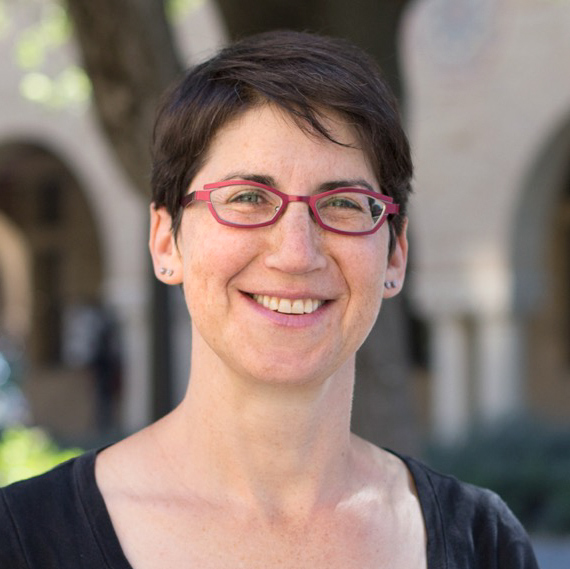Our Team - Faculty

Sarah Levine
Assistant Professor
Dr. Sarah Levine's research focuses on the teaching and learning of literary interpretation and writing in under-resourced urban high schools, with an emphasis on the links between in- and out-of-school interpretive practices. She is also interested in ways that digital media – specifically radio production – can be used as frameworks for teaching reading and writing to middle and high school students. Before pursuing an academic career, Sarah taught secondary English at a Chicago public school for ten years. While there, she founded and ran a youth radio program that used digital audio production as a tool to help make writing and analysis relevant and real-world for struggling students, and to build bridges between school and the world outside.
Dr. Levine's primary goal as an academic is to help shape the teaching and learning of secondary English teachers and contribute to research that will help students — especially those in urban and under-resourced schools — become independent readers and writers.
